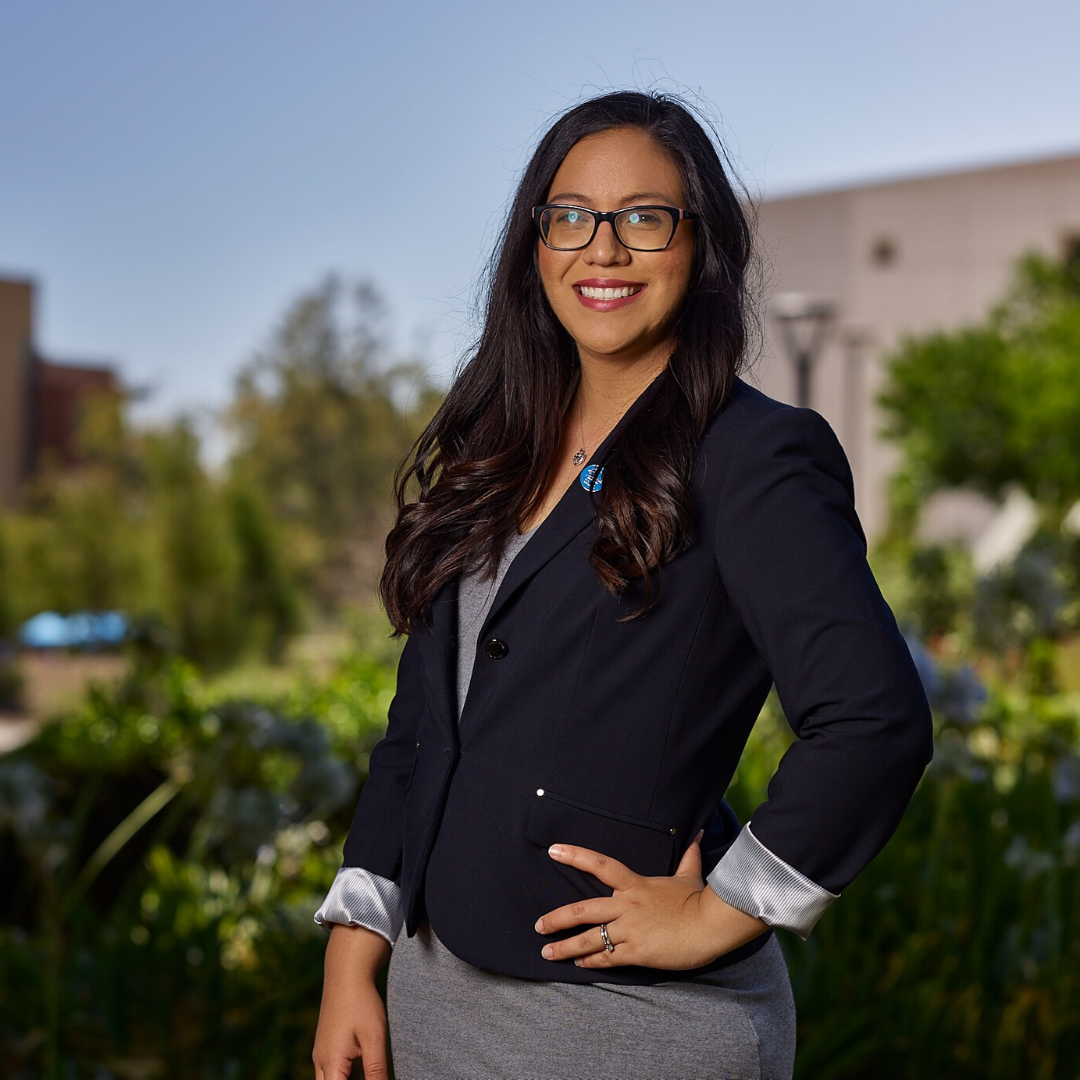Describe your personal, educational, and professional experiences and how they informed your decision to pursue a graduate degree.
When I attended Chico State, it was not designated a Hispanic Serving Institution. I felt very underrepresented in my classes and on campus. I searched for mentors on campus to help me navigate the path to graduate school. I became a NASPA undergraduate fellow (NUFP Scholar) in my last year. My mentors through the program encouraged me to follow my heart. I wanted to pursue a Masters in Chicana and Chicano Studies to give back to my community.
What challenges did you encounter along your educational trajectory? How did you overcome those challenges?
During graduate school, I worked full-time and I was a full-time student. I had to balance life, work and school while doing a 70 mile commute. I had to sacrifice time with family, sleep, and things that I used to enjoy doing. I knew what my end goal was, and I knew I couldn’t give up. The sacrifices were temporary and I had to push through to get to the finish line. I couldn’t give up no matter how tired I was sometimes or how difficult the journey was.
What advice do you have for individuals who are interested in pursuing a graduate degree?
My advice for those interested in pursuing a graduate degree would be to find a mentor who understands what you are going through. I often asked my mentors for pep talks and motivation. Being a first-generation student, I felt that I needed people in my corner to help coach me through the tough times.
What did you enjoy most about your graduate/professional program?
My favorite part of my graduate program was working with wonderful professors. CSUN has many professors who were a part of the Chicano Movement, so hearing their testimonios first hand was beautiful. Their struggle created space for people like me to attend higher education. They created the space that I sat in everyday in class, because they never gave up.
Marissa is an Admissions Counselor at California State University, San Bernardino. As an admissions counselor, she is able to outreach to Latinx individuals within the Inland Empire and encourage them to pursue higher education.


